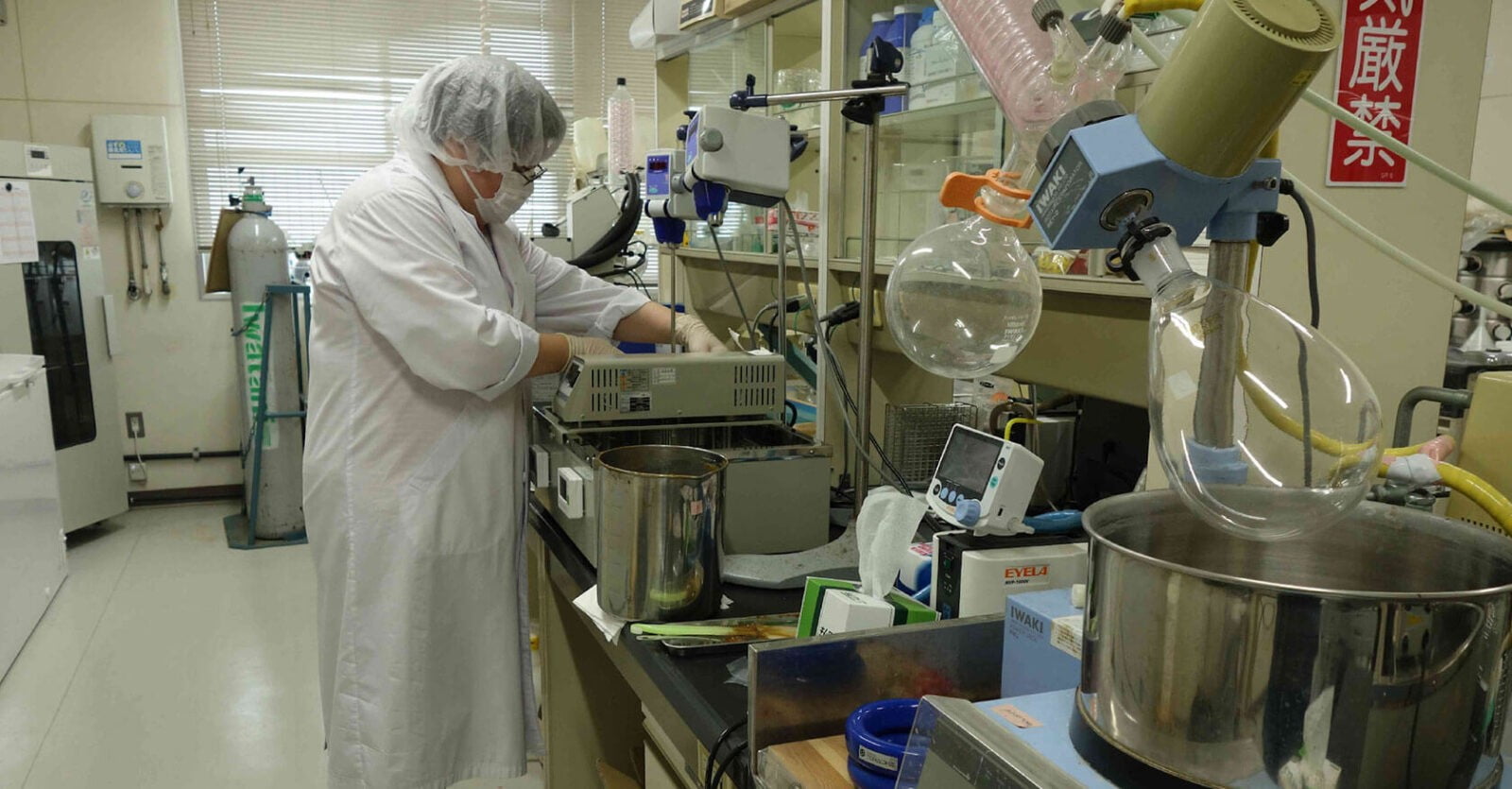Milestone Highlights
Our achievements

Rare Pediatric Designation
March 2023 – our lead asset KIT-13 was granted Rare Pediatric Disease Designation (RPDD) for the treatment of Rett Syndrome.
September 2024 – our 2nd pipeline asset KIT-20 was granted RPDD for treatment of Leigh Syndrome
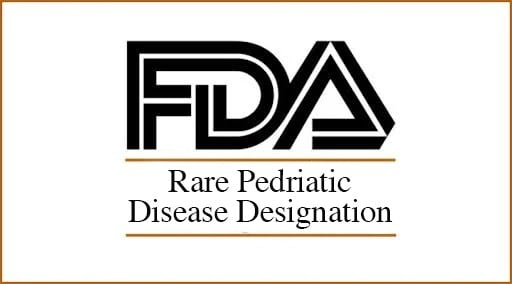
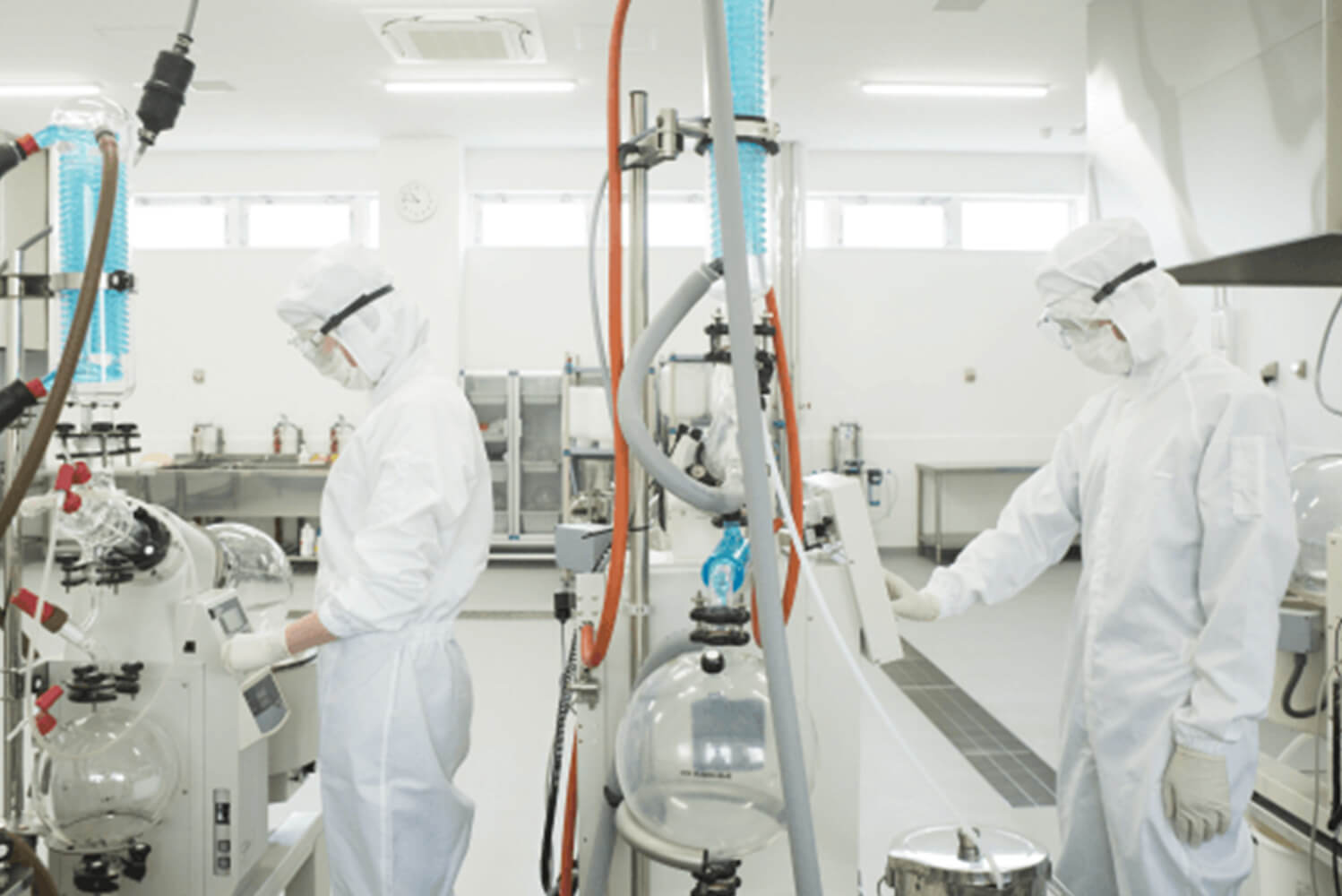
Orphan Drug Designation
March 2023 – our lead asset KIT-13 was granted Orphan Drug Desigmation (ODD) for the treatment of Rett Syndrome.
October 2024 – our 2nd pipeline asset KIT-20 was granted ODD for the treatment of Leigh Syndrome
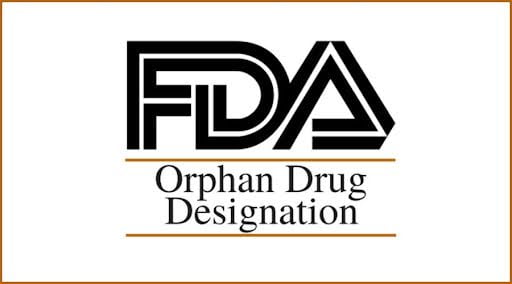

A new company incorporated
In April 2023, NeuroCores is incorporated in the United States, as a subsidiary of the prestigious research institution, the Institute of Rheological Functions of Food (Fukuoka, Japan).
The company is based in Boston, Massachusetts.
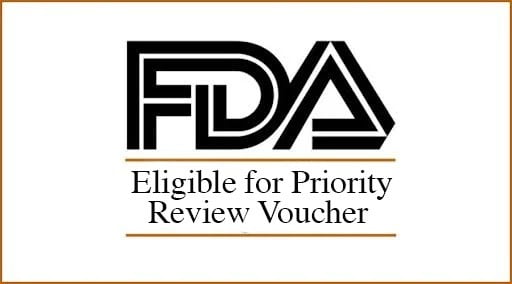
Publications

Research
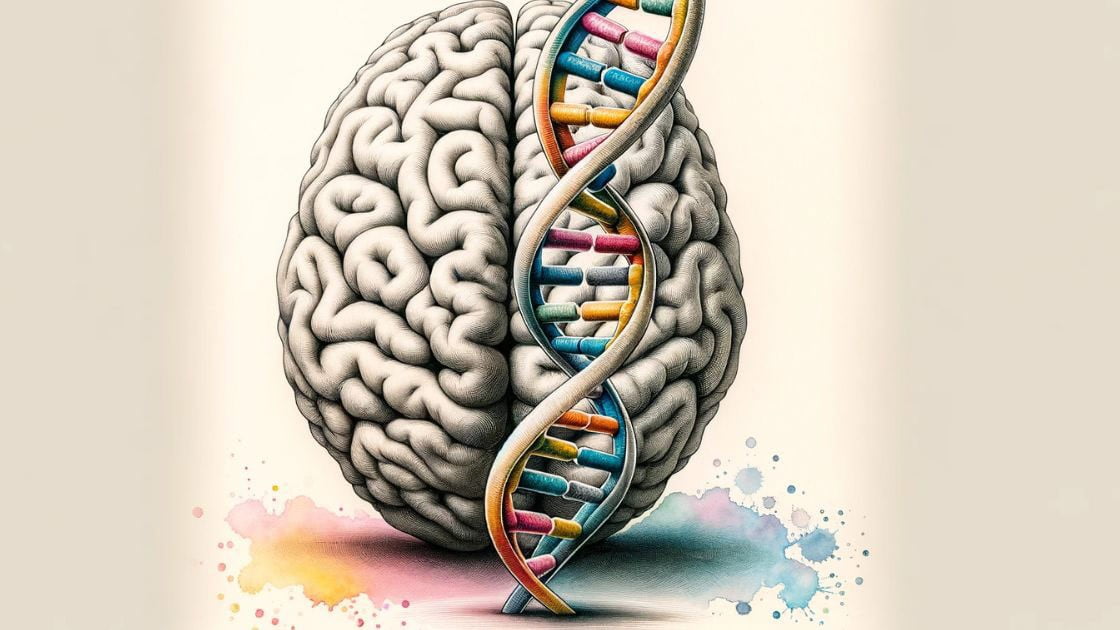
Biological Functions of Plasmologen
Plasmalogens (Pls) are one kind of phospholipids enriched in the brain and other organs. These lipids were thought to be involved in the membrane bilayer formation and anti-oxidant function.
However, extensive studies reveal that Pls exhibits various beneficial biological activities including prevention of neuroinflammation, improvement of cognitive function, and inhibition of neuronal cell death.
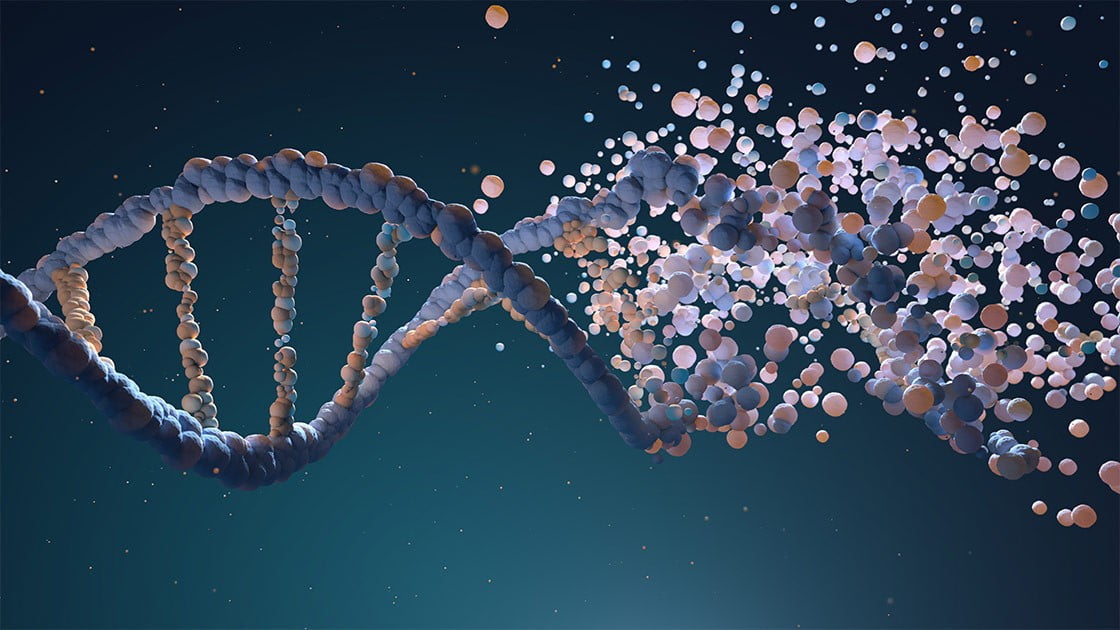
Plasmalogens Rescue Neuronal Cell Death through an Activation of AKT and ERK Survival Signaling
Neuronal cells are susceptible to many stresses, which will cause the apoptosis and neurodegenerative diseases.
The precise molecular mechanism behind the neuronal protection against these apoptotic stimuli is necessary for drug discovery. In the present study, we have found that plasmalogens (Pls), which are glycerophospholipids containing vinyl ether linkage at sn-1 position, can protect the neuronal cell death upon serum deprivation.
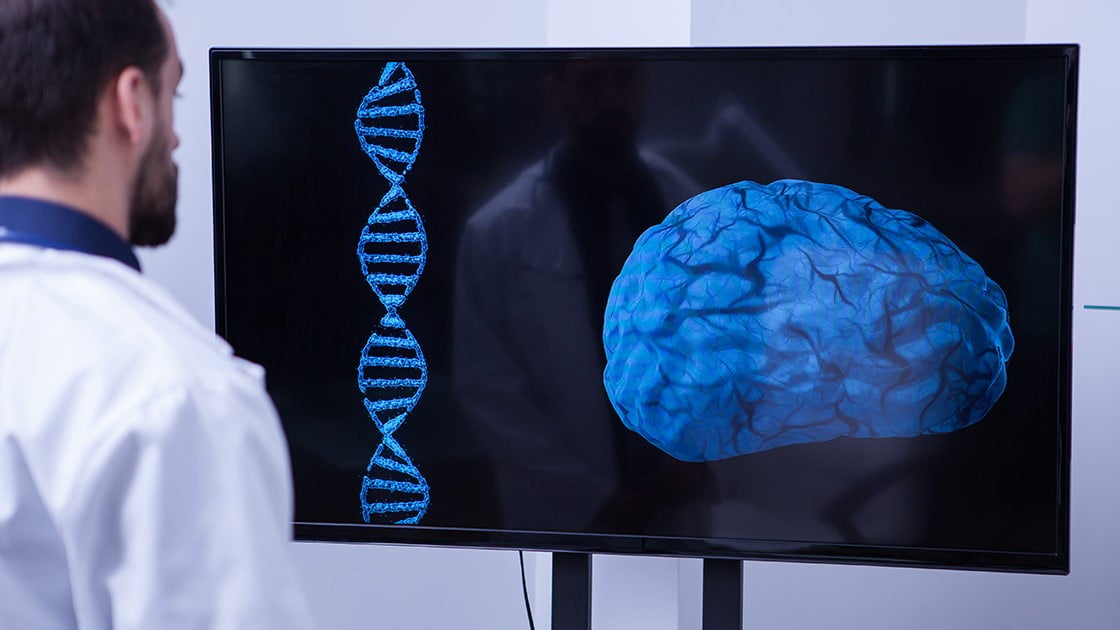
Plasmalogens, the Vinyl Ether-Linked Glycerophospholipids, Enhance Learning and Memory by Regulating Brain-Derived Neurotrophic Factor
Plasmalogens (Pls), a kind of glycerophospholipids, have shown potent biological effects but their role in hippocampus-dependent memory remained mostly elusive. Here, we first report Pls can enhance endogenous expression of brain-derived neurotrophic factor (Bdnf) in the hippocampus and promotes neurogenesis associated with improvement of learning and memory in mice.
